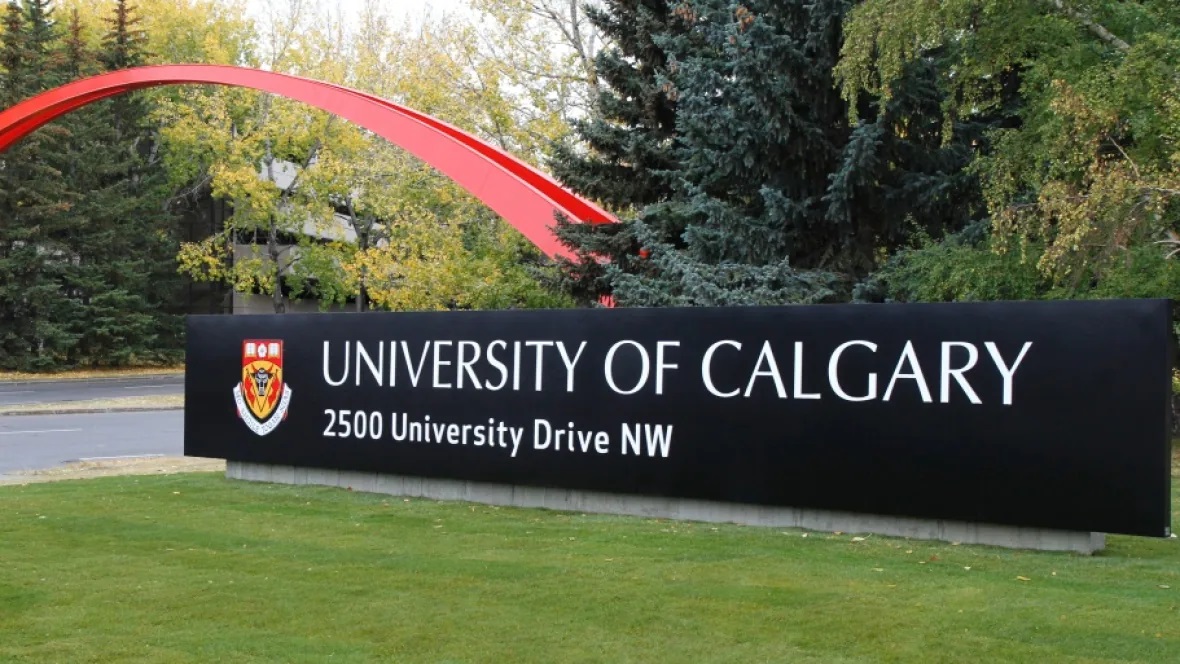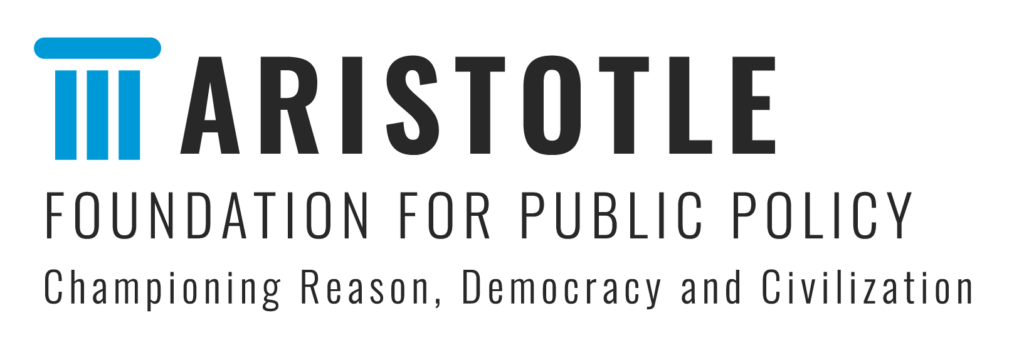
Barry Cooper, Western Standard, September 22, 2023
The old-fashioned tradition of a humane and literary education has implicitly been pronounced dead by the latest communication from the president and vice-chancellor of the University of Calgary.
His email was widely disseminated under the auspices of the Office of Advancement. These are the people in the administration whose job is to get recipients of their letters to cough up money. The president’s letter was intended to provide recipients with reasons for opening their wallets. At the same time, it outlined the vision of the university held by the senior leadership team, as they style themselves. It explained what the Advancement Office is advancing the university toward.
Before considering what the president meant, let’s look at what he said.
The University, he began, is “Canada’s entrepreneurial university.” This description was introduced a year or so ago if memory serves. It is intended to be a term of self-praise.
As one might expect, Canada’s entrepreneurial university “plays an important role in our community.” It does so in three distinct ways: (1) by “preparing the next generation of leaders;” (2) by “driving the economy;” and (3) by “finding solutions to society’s grand challenges.”
Not only do faculty “conduct (unnamed) critical research,” but they “also put it into action for tangible, real-world impact.”
He provided two examples.
First, appropriately, is “the first-of-its-kind” research initiative called One Child Every Child. This initiative aims at “ensuring the health and well-being of children here and around the world.”
Second is “advancing the quantum science revolution.” That entails “investing in foundational research that will drive incredible new discoveries.” All this “incredible change” has a cost. Indeed, it is “propelled” by “philanthropy.” So: send us your money, pronto.
A couple of preliminary observations.
First, research in quantum science, whatever that entails, may be “foundational.” That is, quantum research may well be basic science, as such activity used to be called.
From the days of the ancient Greek philosopher Aristotle (fifth century BC), basic science was undertaken for its own sake, namely, to get to know stuff. Today, it “advances,” but towards what? Not knowledge, evidently, but “incredible new discoveries.” Like a pig in a poke, these are discoveries so incredible that they cannot be named or even hinted at.
Second, the first-of-its-kind research initiative, One Child Every Child, seems to aim at replacing parents as natural custodians of the health and well-being of children everywhere.
What can this mean?
Several years ago, George Grant, one of the few philosophers ever produced in Canada, noted that the chief preoccupation of universities within technological societies such as our own would be to cultivate sciences that led to the mastery of human and non-human nature.
What Grant saw as a future possibility has surely come upon us today at the University of Calgary.
The point is not that the pure desire to know is missing from the consciousness of my colleagues in the physical, social, and health sciences. Rather, at the centre of the desire to know (again relying on a phrase of Aristotle) used to be a sense of wonder.
Poof! Gone with the wind. Today, no scientist concerned with putting research into action that has a tangible real-world benefit has much time for wonder.
They are interested in incredible new discoveries! This is a polite but misleading way to say: they are looking for mastery and eventually for political power.
That the control of non-human nature has been central to modern science and “applied science,” as engineering was called when I was an undergraduate, is obvious enough. Indeed, such control has for centuries practically defined modern science. That control of human nature is central today is apparent with the replacement of parents with the exciting first-of-its-kind One Child Every Child research initiative — and thousands of others.
Another way of understanding what the Office of Advancement is really selling is to wonder about the place of the humanities in today’s technologically exciting university.
In the very old days, the purpose of education was to search for an account of the best way of living. This understanding was introduced by Socrates and (I can attest) still has a certain appeal to undergraduates today, though not to administrators.
Such an understanding of education was far removed from the clichés about learning how to use technological power for good or bad purposes. Nor was such an education democratic or even practical. Not everyone could appreciate the best way to live. And the example of Socrates, executed by his fellow Athenians, led many intelligent persons to avoid even raising the question. They preferred to retreat to the safety of an irrelevant ivory tower.
By its concern with the best way of living, one of the old tasks of the humanities was to wonder about the purpose of the human community, especially the most familiar one, one’s city or province. That question has been answered or pre-empted by the Office of Advancement: technical efficiency will provide exciting new discoveries, both here and around the world. We are all globalists now!
The only cost, which the Office of Advancement is eager to pay, is that we avoid thinking about what the standards of excellence might be. They are self-evident, are they not? That’s why it’s all about real-world impact. Under such conditions, there can be no question of defective standards or phoney standards. Experiences of deprival because of defective standards simply do not arise.
No doubt, Canada’s entrepreneurial university is leading the way into a world of technological masters and incredible change. Whether finding solutions to society’s grand challenges and all the rest is a worthy task for thoughtful human beings is a question never asked, not least of all because those devoted to incredible new discoveries are temperamentally and educationally ill equipped even to acknowledge the issue.
The endpoint of a STEM-controlled university, the real goal towards which the Office of Advancement is advancing, is the destruction of the very purpose of the university. That’s what the Office of Advancement wants its suckers to support.
Dr. Barry Cooper is a Professor of Political Science at the University of Calgary, author of 35 books and 200 studies, and is a Fellow of the Aristotle Foundation for Public Policy and the Royal Society of Canada.
Like our work? Think more Canadians should see the facts? Please consider making a donation to the Aristotle Foundation.

The logo and text are signs that each alone and in combination are being used as unregistered trademarks owned by the Aristotle Foundation. All rights reserved.
SUBSCRIBE TO OUR NEWSLETTER
SUBSCRIBE TO OUR NEWSLETTER

are signs that are each alone and in combination are being used as unregistered trademarks owned by the Aristotle Foundation. All rights reserved.
SUBSCRIBE TO OUR NEWSLETTER

SUBSCRIBE TO OUR NEWSLETTER
